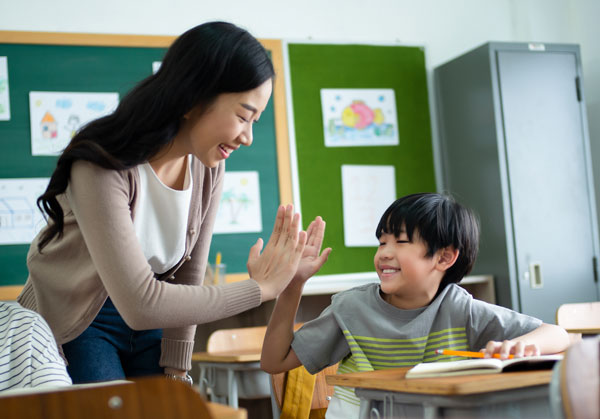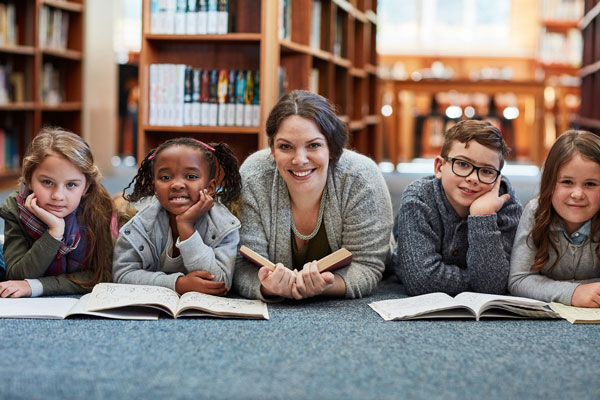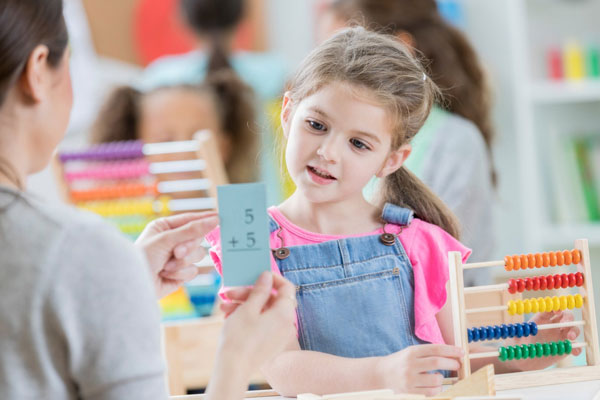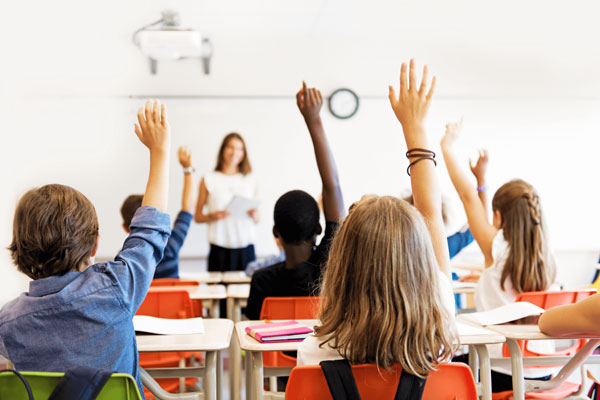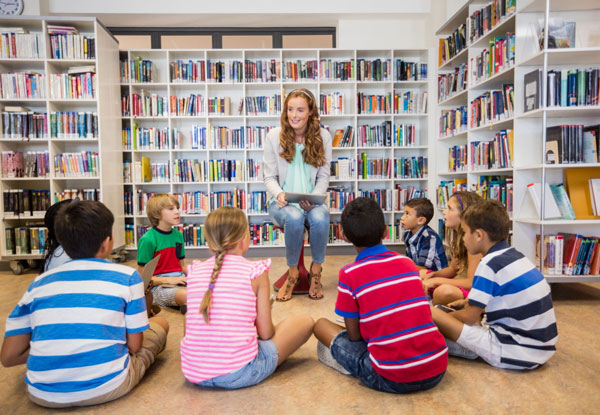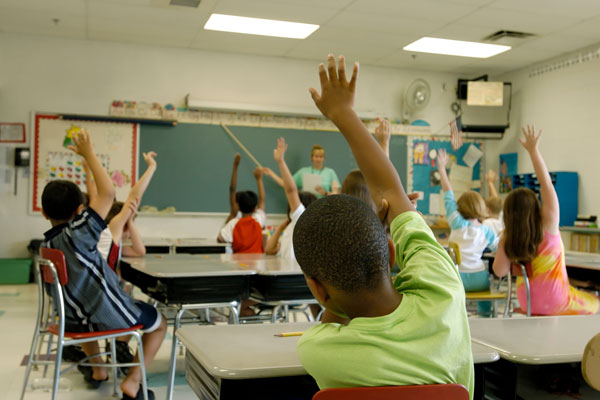Goal setting is an essential component of personal and academic growth. It gives students direction, motivation, and a sense of purpose in their educational journey. By setting clear and achievable goals, students can enhance their learning experiences, develop key skills, and experience improved outcomes. Let's explore some benefits that underscore... read more →
Jun
30
Jun
28
Setting and striving toward learning goals—both as a collective classroom and individual learners—empowers students to be active participants and take some control in their education process. Setting goals from an early age helps lay a foundation and promotes a sense of autonomy and independence. It develops decision-making, time-management, and organizational... read more →
Jun
14
Learning to set and achieve goals is a valuable life skill in the classroom and beyond. Many of us struggle to set goals even as adults, especially if we never learned how to do it. By teaching students at all grade levels how to set and achieve goals, we can... read more →
Jun
14
As educators, we strive to create meaningful learning experiences for our students. One powerful tool in our arsenal is setting individual learning goals. By tailoring learning objectives to each student's unique needs and abilities, we can foster their growth, enhance motivation, and pave the way for improved outcomes. Let's explore... read more →
Jun
01
Getting genuine buy-in and actively engaging students during the classroom rule-making process is critical to creating a positive and welcoming learning environment. When involved in the classroom rules ideation, refinement, and establishment process, students are more likely to respect behavioral boundaries and adhere to organized procedures daily. They'll be more... read more →
May
26
Of the more than 2 million students diagnosed with specific learning disabilities and receiving special education services, more than 70% experience deficits in reading. The National Center for Learning Disabilities states one in five children have learning and attention issues such as dyslexia or ADHD. Children with intellectual disabilities and... read more →
May
12
As an instructional coach, I want to support teachers in empowering students to take control of their own learning. As a reading specialist, I want to support teachers in creating productive and purposeful opportunities for in-class reading strategies. In this context, I’m not referring to choice reading time where students... read more →
May
10
Hundreds of studies over decades of research show Direct Instruction (DI), with its clear and explicit, teacher-focused, incremental learning, is highly beneficial for broad ranges of students. Let's briefly define Direct Instruction and discuss some implementation tips to ensure your DI strategies engage your students and successfully impart essential knowledge.... read more →
May
05
Decades of research—many included in a comprehensive meta-analysis for the Review of Educational Research—document strong positive results for the Direct Instruction model. That isn't to say it's the only successful pedagogy approach. There's ample evidence that student-centered experimental, inquiry-based, and non-directive learning encourages students to think critically, foster genuine curiosity,... read more →
Apr
21
In a study conducted to determine the effects of a classroom management program (Consistency Management & Cooperative Discipline®) on student achievement, researchers determined that "Classroom management becomes the gatekeeper to student learning by either supporting a consistent and predictable classroom or allowing a disruptive, chaotic, and random learning environment to... read more →

